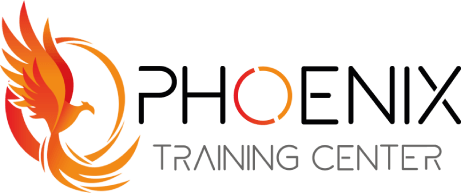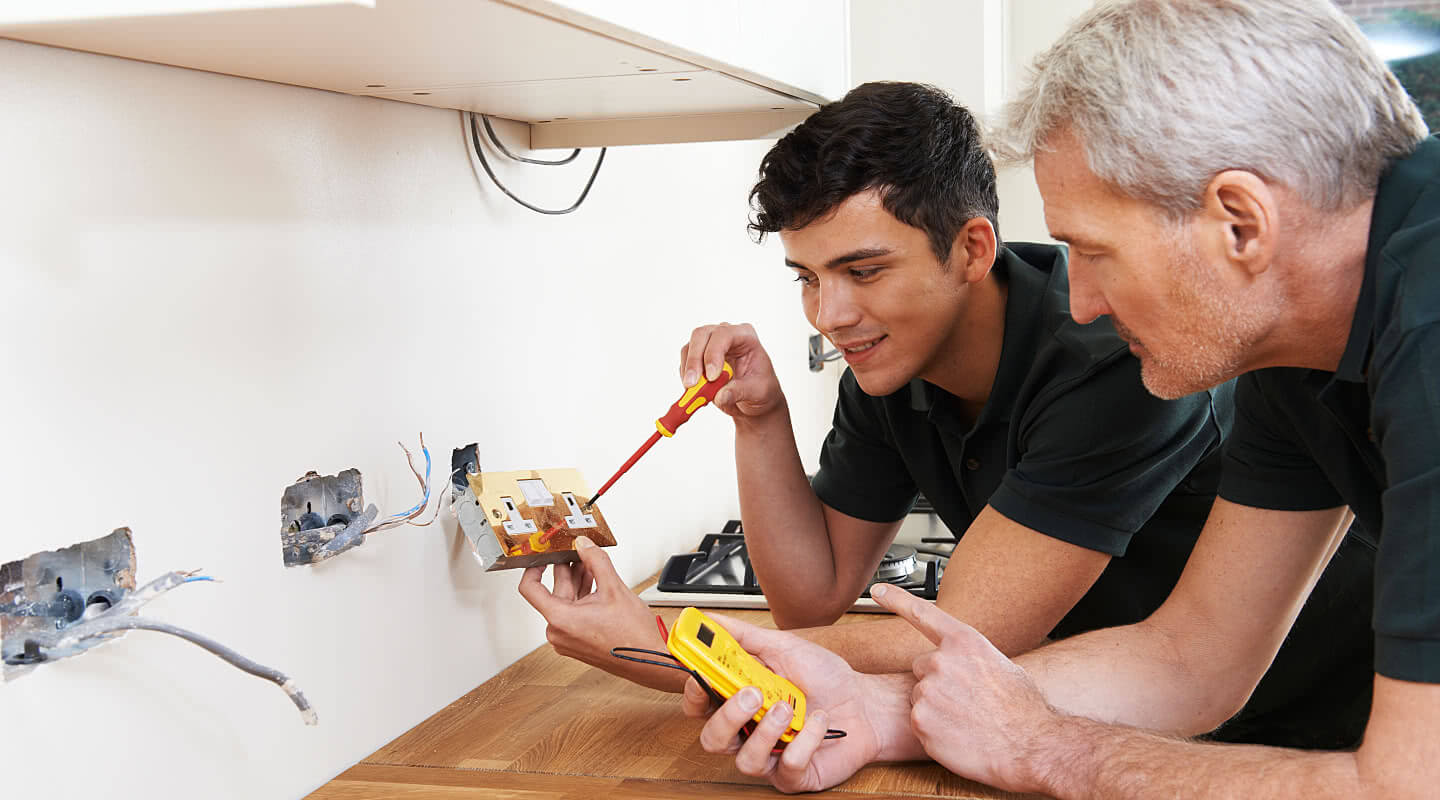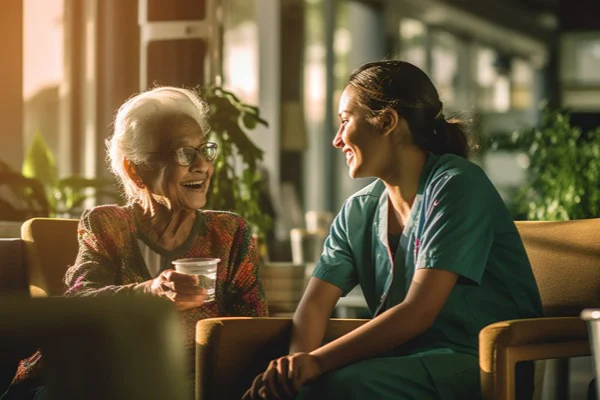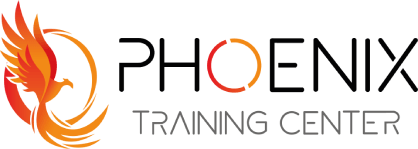Program Overview:
The “Elderly Care” training program is designed to provide participants with a fundamental understanding of elderly care. The training begins with an overview of the basics of elderly care, including understanding the common needs and challenges faced by the elderly. This foundation is crucial for developing empathy and effective care strategies.
Participants will learn about various aspects of elderly care, such as personal care, nutrition, and basic medical assistance. The program emphasizes practical skills, including how to safely assist with mobility, personal hygiene, and medication management.
An important component of the training is understanding the emotional and psychological aspects of aging. This includes learning about common mental health issues among the elderly, such as dementia and depression, and how to provide compassionate support.
The training also covers effective communication techniques with the elderly and their families. This is essential for building trust and understanding, key elements in elderly care.
Safety and ethical considerations in elderly care are emphasized throughout the program. Participants will learn about creating a safe living environment for the elderly and the importance of respecting their dignity and privacy.
The program may include visits to elderly care facilities or interactions with experienced elderly care professionals, providing a real-world perspective on the day-to-day aspects of caring for the elderly.
The training concludes with a practical session or project where participants apply their learned skills in a simulated care setting. This helps consolidate the learning experience and provides a practical demonstration of the skills acquired during the training.
Why Choose Our Program:
- Essential Care Skills: Acquire fundamental skills necessary for high-quality elderly care.
- Empathy and Understanding: Develop a deeper understanding of the emotional and psychological needs of the elderly.
- Practical Experience: Gain hands-on experience in essential care tasks.
- Communication Techniques: Learn effective ways to communicate with elderly individuals and their families.
- Immediate Applicability: Equip yourself with skills that can be immediately applied in care settings.
Learning Outcomes:
- Personal Care Techniques: Understand how to assist with daily personal care activities safely.
- Nutritional Care Knowledge: Gain knowledge about the dietary needs and nutrition management for the elderly.
- Basic Medical Assistance: Learn basic skills for assisting with medication and recognizing common health issues.
- Emotional Support Skills: Develop abilities to provide emotional and psychological support.
- Safety and Ethical Practices: Understand safety practices and ethical considerations in elderly care.
Program Highlights:
- Hands-On Care Practices: Practical training in providing direct care to the elderly.
- Real-Life Scenarios: Simulations and role-play exercises to mimic real-life elderly care situations.
- Professional Insights: Opportunities to learn from experienced elderly care professionals.
- Empathy Building: Activities designed to enhance understanding and empathy for the elderly.
- Communication Focus: Training in effective communication with the elderly and their families.
Career Opportunities:
Graduates of our program have a wealth of career prospects awaiting them, including:
- Caregiver in Elderly Homes: Prepared for roles in residential care facilities for the elderly.
- Home Care Assistant: Skills suitable for providing in-home care to elderly individuals.
- Support Worker in Community Services: Ability to work in community-based elderly support services.
- Personal Care Aide: Equipped to assist elderly individuals with personal care and daily activities.
- Family Care Advisor: Knowledgeable to advise and support families caring for elderly members at home.









